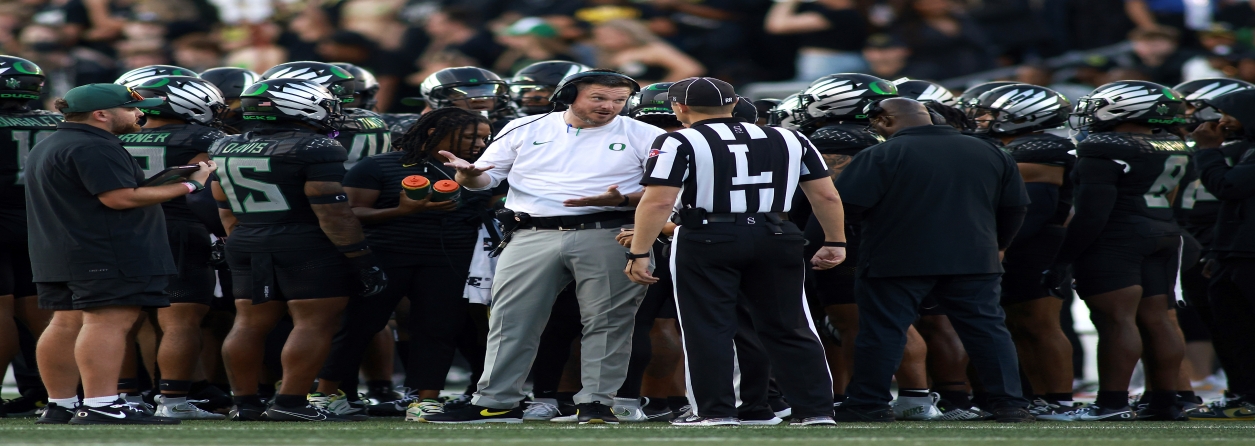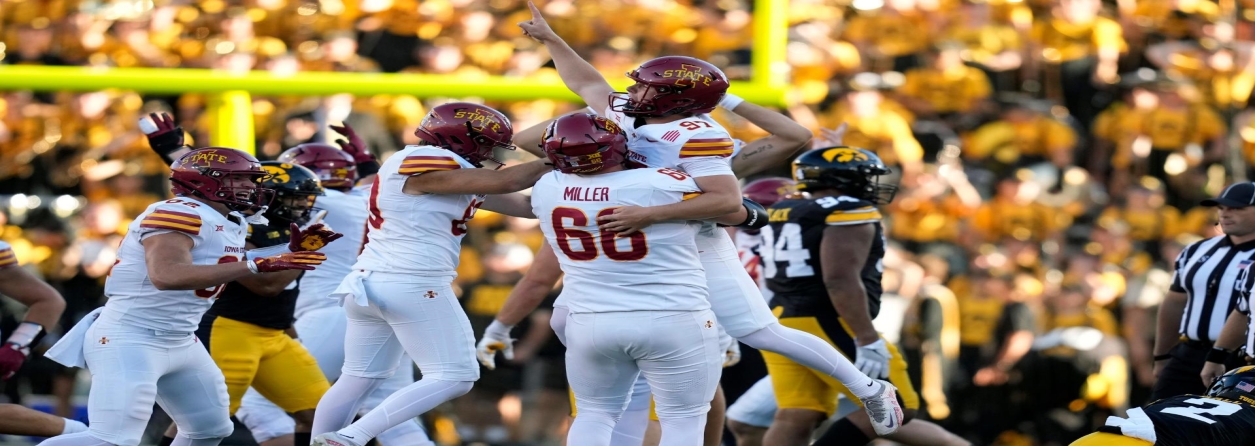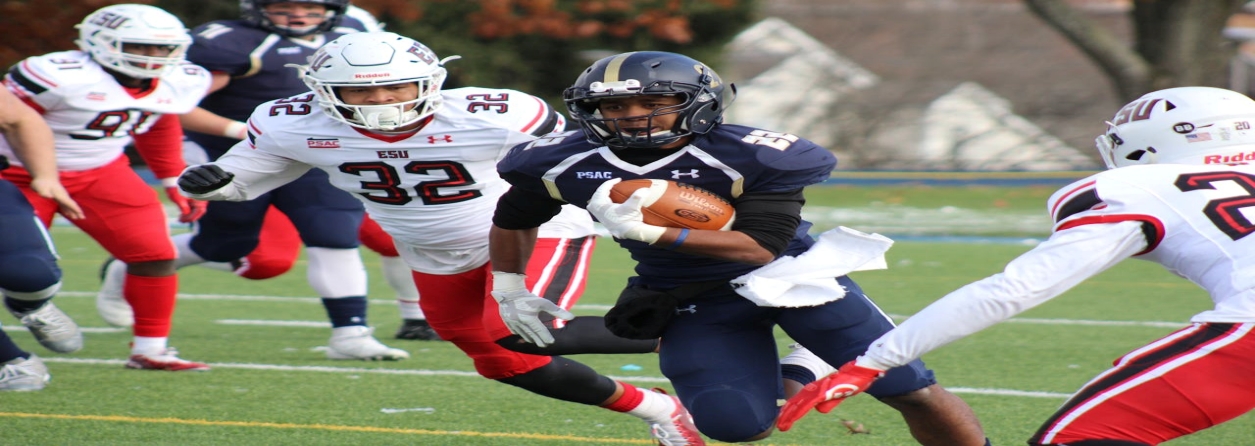The NCAA closes the game clock loophole exploited by the University of Oregon’s football team during their recent high-stakes matchup against Ohio State University. This strategic maneuver, which allowed Oregon to manipulate the game clock in the final moments of their narrow victory, has prompted a significant rule interpretation from the NCAA. As the NCAA closes the game clock loophole, you need to know the rule change as it can affect your potential to win big if you bet on football.
On Wednesday, the NCAA Football Rules Committee issued a new interpretation specifically addressing the scenario of having 12 players on the field in the crucial final two minutes of either half. According to the updated guidelines, if the defensive team is found to have 12 players actively participating in a play, the offense will now have an additional option beyond the standard 5-yard penalty. They can choose to have the game clock reset to the time displayed at the snap, effectively nullifying any time advantage gained by the defense through this tactic.
Game Clock Loophole Details
 If you want to become a bookie in college, you need to be aware of these things, especially if your sportsbook gets a lot of live betting action. And if a move like this can affect the outcome of a game, it’s an important rule to know. It’s also important to note that this time adjustment will only apply in cases where all 12 defensive players are actively involved in the play. The NCAA has clarified that if the 12th player was clearly attempting to exit the field and did not materially affect the play’s outcome, no clock reset would be implemented.
If you want to become a bookie in college, you need to be aware of these things, especially if your sportsbook gets a lot of live betting action. And if a move like this can affect the outcome of a game, it’s an important rule to know. It’s also important to note that this time adjustment will only apply in cases where all 12 defensive players are actively involved in the play. The NCAA has clarified that if the 12th player was clearly attempting to exit the field and did not materially affect the play’s outcome, no clock reset would be implemented.
The catalyst for the game clock loophole rule clarification was a controversial play that occurred during the final seconds of the highly anticipated Oregon vs. Ohio State game. Oregon’s head coach, Dan Lanning, candidly admitted in a post-game press conference that the No. 2 ranked Ducks had intentionally deployed 12 men on defense as part of a calculated strategy to run precious time off the clock.
While this cunning move resulted in an illegal substitution penalty and a loss of 5 yards for Oregon, it also successfully drained four critical seconds from the game clock. This time loss proved crucial, as Ohio State’s subsequent play — a scramble by quarterback Will Howard — failed to yield results, effectively ending the game and securing a 32-31 victory for Oregon.
NCAA Officials Addresses Issue Swiftly
 This rule interpretation is expected to have a significant impact on late-game strategies employed by teams across all divisions of NCAA football. Coaches and players will need to adapt their tactics accordingly, knowing that such clock manipulation attempts will no longer provide the same advantages they once did.
This rule interpretation is expected to have a significant impact on late-game strategies employed by teams across all divisions of NCAA football. Coaches and players will need to adapt their tactics accordingly, knowing that such clock manipulation attempts will no longer provide the same advantages they once did.
The swift response from the NCAA with the game clock loophole demonstrates the organization’s commitment to maintaining the integrity of the game and ensuring fair play. By closing this loophole, the NCAA aims to prevent similar clock manipulation tactics in future games, thereby preserving the excitement and unpredictability of college football’s final moments. As a bookie, you will also be able to not worry about these things potentially affecting your betting lines. With a good betting software online, and your knowledge of the sport and the league’s regulations, you can easily earn a lot from NCAA football betting.
Want to More About How You Can Become a Successful Bookie? Check out SportsbookPayPerHead.com Here!





